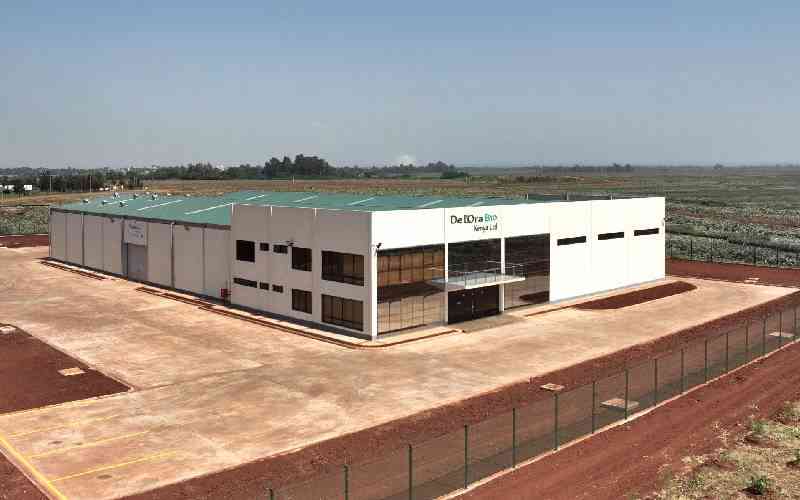×
The Standard e-Paper
Join Thousands Daily

Data centers are the heart of our online world. They store the data and increasingly they host the applications that we use to work, shop, and bank, and entertain ourselves.







